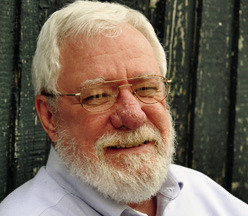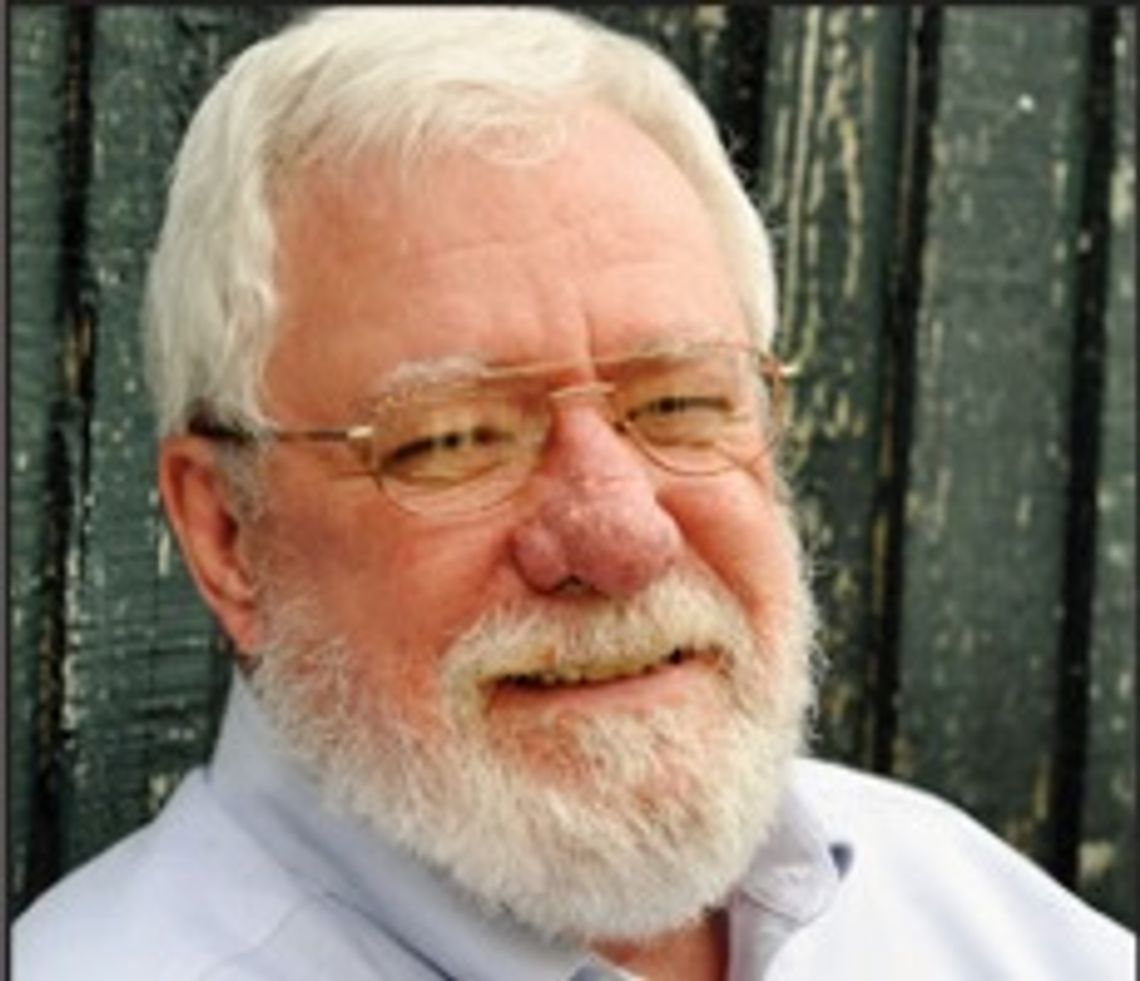When Pie Day and paqueing were Easter traditions
Easter, like every other special occasion, has been since early days a time for good eating and good fun in south Louisiana. Part of the celebration has to do with the day itself, part of it comes about because food and fun are just what we do, special occasion or not. It’s not nearly as common as it once was, but you can still find a few adherents of the oldcustom of women gathering on Holy Thursday to make tartes a la bouillie sweet dough pies filled with tomato, coconut, or blackberries – to be eaten on meatless Good Friday.
The late UL professor of folklore Patricia Rickels said the tradition of Pie Day in the Catahoula area of St, Martin Parish was part of what she called “doit- yourself-Catholicism” that evolved in southern Louisiana. For years, the priests did all they could to stop folks from breaking their fasts for pie, but it was a losing battle. The pies were associated with the outdoor Stations of the Cross hung in oak trees along the road from St.
Martinville to Catahoula. Good Friday was the traditional day to make the long walk from station to station, and pies were placed near the end so that the pious could eat them before going to confession.
Good Friday is also one of two days (Ash Wednesday is the other) in the calendar when Catholics are supposed to eat only one full meal. But the Church didn’t say how long that full meal could last. A big fish fry, for exam ple, could last all day.
That’s still the tradition in some families, but nowadays a lot of us have turned instead to crawfish boils that serve the same purpose and make the days leading up to Good Friday the busiest and most prof- itable in the crawfish business.
By the time the corn on the cob and other good stuff are mixed in with the crawfish the meal probably becomes something a little bit different from what the Church contemplated.
It’s also a pretty good bet you won't find anything in the catechism about the ice-cold beer that invariably accompanies the steaming hot crawfish. I’m not sure just what canon law says today, but the regulations once said drinking milk (which comes from animals) broke your fast, but alcoholic beverages (which come from grapes or grain) did not.

Holy Saturday was the day to dye eggs (in the days before it took a mortgage to buy them). Colorful dyes were made from coffee, moss, beets, an assortment of other plants, and even water left over from a crawfish boil. But beauty was only shell deep. What we most wanted to find on Easter Sunday was a strong egg fit for paqueing (pronounced “pocking”).
In most places, paqueing was a child’s game in which I tapped the end of my boiled egg against the end of yours until one of them broke. The person with the unbroken egg won the broken egg.
But in south Louisiana paqueing wasn’t just for kids. Mary Alice Fontenot, who was an authority on everything anybody needed to know about this place, once told me about grown men “who used to meet after High Mass with their eggs in their pockets, ready to fight for the championship of the paqued egg.” The contest wasn’t just for bragging rights; more money changed hands in the egg-breaking contest than had just been put into the collection basket in church.
Some men cheated – for example, by sneaking in a guinea egg, which is usually tougher than a chicken egg. Some wily veterans used eggs from older hens that laid fewer eggs each day. Those eggs have more calcium in the shell, making them stronger than ones from a younger hen. Practical jokers sometimes sneaked uncooked dyed eggs into your basket before making a challenge. This time, when your egg broke, you got to keep it.
After church, egg knocking, and a big meal, Easter moved into the dance halls across the area. As late as the 1930s, the whole family went to the big Easter dances. Most dance halls had a parc aux petits, a room set aside where the children could fais do-do (go to sleep) while their parents celebrated the day.
You can contact Jim Bradshaw at [email protected] or P.O. Box 1121, Washington LA 70589.


